The Enchanting Chronicles of Kuwait City: A Glimpse Into Its Past and Present
Kuwait City, the vibrant capital of Kuwait, is a place where ancient history and modern advancements coexist harmoniously amidst the sands of the Arabian Peninsula. Situated along the northern edge of the Arabian Gulf, this city is a hub of diverse cultures, iconic architecture, and luxurious lifestyles, all blanketed under the charm of traditional Middle Eastern hospitality. Understanding Kuwait City requires a journey through its dynamic history, from its origins to its present-day significance.
A Stroll Through History: The Birth and Evolution of Kuwait City
Kuwait City's historical roots can be traced back to the early 18th century. It was officially founded in 1613, and its strategic position along the coastline of the Arabian Gulf made it an essential center for trade and commerce. This bustling trade port attracted merchants, traders, and settlers from far and wide, establishing a melting pot of cultural influences. Over the centuries, Kuwait City rose as a thriving center for trade routes connecting India and the East African coast to Iraq and the Levant, bolstering its economic stature.
The city was also heavily influenced by the discovery of oil in 1938, marking a turning point that transformed Kuwait City from a modest trading settlement into a burgeoning metropolis almost overnight. Oil wealth brought infrastructure development, modern amenities, and global interest, further solidifying its standing on the world map. Post-independence from British protectorate status in 1961, the city continued to flourish, becoming a symbol of prosperity and modernity in the Middle East.
The Persian Gulf's Hidden Jewel: Cultural and Geographic Significance
Kuwait City’s position on the Arabian Peninsula is not only strategic but culturally rich. Its location serves as a bridge between the Western and Eastern worlds, providing an intersection for numerous cultural exchanges over the centuries. This blend of maritime and Bedouin cultures can be seen in the city's architecture, cuisine, and traditions.
In addition to its vibrant culture, Kuwait City is known for its unique geography. The cityscape is a harmonious blend of lush palm-tree-lined avenues, serene beaches, and stark, yet beautiful desert landscapes. The urban environment, coupled with its natural beauty, offers a compelling mixture of lifestyles that cater to both traditional and contemporary preferences.
A City of Contrasts: Architectural Marvels and Traditional Bazaars
One of the most striking features of Kuwait City is its architecture, which reflects a fusion of modernity and tradition. The iconic Kuwait Towers, with their futuristic design, stand as an emblem of the city’s vision for modernity. These towers, providing panoramic views of the city and its surroundings, have become synonymous with Kuwait's architectural ambition. Towering above the skyline, the Liberation Tower further emphasizes Kuwait City's modern outlook. As one of the world’s tallest telecommunication towers, it embodies the technological advancements and aspirations of this forward-thinking city.
However, amidst these modern structures, the city’s traditional soul thrives. The bustling alleys of Souq Al-Mubarakiya offer a nostalgic glimpse into the past. This historic marketplace is one of the oldest in Kuwait and continues to serve as a lively hub where locals and visitors alike can indulge in traditional products and culinary delights. The vibrant stalls offer a wide range of goods, from spices and textiles to artisan jewelry and handcrafted souvenirs, all weaving a tapestry of Kuwait's storied past.
The Heartbeat of Kuwait: A Cultural and Economic Beacon in the Middle East
Kuwait City isn’t only renowned for its physical and economic development. It is also a beacon of culture and education. The city hosts several cultural institutions like the Kuwait National Museum, which echoes the nation's historical journey, preserving artifacts and stories of the region’s heritage. Similarly, The Sheikh Jaber Al-Ahmad Cultural Centre, a masterpiece of contemporary architecture, opens avenues for performing arts and intellectual exchange.
Economically, Kuwait City stands as a pivotal node in the region due to its robust oil industry. The city's wealth, largely derived from its petroleum reserves, allows for investment in diverse sectors including finance, healthcare, and education, providing a high standard of living for its inhabitants. This economic stability and wealth also enable Kuwait to be an active player in regional diplomacy and international relations.
While deeply connected to its traditional past, Kuwait City is a city of ever-evolving potential, where historical richness meets future ambition. Its unique blend of old and new makes it a significant focal point for anyone looking to explore the Middle Eastern landscape with appreciation and curiosity.
The Vibrant Tapestry of Kuwaiti Society: Diversity and Tradition
Kuwait City's rich cultural fabric is woven from threads of diversity, as it embraces both Kuwaiti citizens and a substantial expatriate community. The nation's hospitable nature, coupled with its thriving economy, has attracted individuals from all corners of the globe, creating a multicultural environment that is both dynamic and inclusive. This cultural amalgamation is evident in various facets of daily life, ranging from cuisine to social customs, offering a vibrant tableau that captivates the senses.
Kuwaiti society places a high emphasis on family and community, with deep-rooted traditions that foster strong social bonds. Despite the influx of modern influences, Kuwaitis maintain a profound connection to their customs and heritage, celebrated through festivals and communal gatherings. The traditional dhow boat, for instance, is a reminder of the city's seafaring past and is often featured in cultural events, sailing majestically in symbolic nods to Kuwait's rich maritime history.
Food is another integral aspect of Kuwaiti culture, reflecting the blend of influences that define the city's gastronomy. Traditional dishes like Machboos—a fragrant rice dish typically served with chicken or lamb—stand alongside international cuisines, catering to diverse tastes. The city is also a paradise for food enthusiasts, hosting a multitude of eateries ranging from luxury dining experiences to street food stalls, each offering its own unique flavors.
Education and Innovation: Shaping the Future
Education holds a paramount place in the development of Kuwait City, aiming to empower future generations with knowledge and skills that align with global standards. The city's commitment to education is demonstrated through its numerous institutions, including the Kuwait University, the oldest and one of the most prestigious higher learning institutions in the Gulf region. Here, diverse programs in science, humanities, and technology cultivate a skilled workforce, ready to lead the nation into new realms of development.
Innovation is at the heart of Kuwait City’s educational strategy, with a pressing focus on integrating technology into learning environments. This is part of a broader vision to transform Kuwait into a knowledge-based economy, reducing its dependence on oil and fossil fuels. Efforts to promote research and development, alongside collaborations with global educational entities, reflect the city’s ambition to be at the forefront of scientific and technological advancement.
Healthcare in Kuwait City: A Pillar of Progress
The healthcare system in Kuwait City is another testament to the nation's focus on quality of life and modernization. With a network of well-equipped hospitals and clinics, the city provides accessible healthcare services to both citizens and expatriates. Institutions like the Mubarak Al-Kabeer Hospital and the Jaber Al-Ahmad Al-Sabah Hospital are renowned for their state-of-the-art facilities and expertise, setting high standards for medical care in the region.
Continuous investment in healthcare infrastructure signifies Kuwait City's dedication to public health, supporting initiatives that enhance medical research and training. The government’s commitment to health also extends to preventative measures, promoting education and awareness about lifestyle-related diseases prevalent due to modern living.
An Oasis for Shoppers and Leisure Seekers
Kuwait City also offers a fascinating array of shopping and leisure experiences. The city is dotted with luxury malls like The Avenues, one of the largest shopping centers in the Middle East, providing a remarkable retail journey complete with entertainment, dining, and recreation facilities. Boutiques featuring global brands stand alongside local shops, offering an eclectic mix that caters to diverse preferences and budgets.
For leisure seekers, Kuwait City is replete with opportunities to unwind and explore. The city's pristine beaches along the Arabian Gulf are popular destinations for water sports and relaxation, offering scenic views and tranquility. The family-friendly environment extends to the city’s parks and recreational spaces, such as Al Shaheed Park, where art, culture, and nature converge in an urban oasis.
Furthermore, the city’s night scene offers a range of activities, from live music performances to trendy cafés, positioning Kuwait City as a vibrant destination for nightlife and entertainment.
Challenges and Opportunities: The Road Ahead
While Kuwait City has achieved remarkable growth and modernization, it faces several challenges that determine its future trajectory. Traffic congestion, environmental sustainability, and resource management are at the forefront of urban planning discussions. Balancing rapid urban development with ecological preservation is pivotal, as Kuwait strives to ensure a sustainable future for its residents.
However, these challenges also present unique opportunities. Initiatives like the Vision 2035, a comprehensive plan for economic diversification and development, illustrate Kuwait City's proactive approach to fostering innovation and sustainability. The plan outlines strategies for enhancing sectors such as education, healthcare, and tourism, aiming to transform Kuwait into a leading regional and global hub.
As Kuwait City stands poised at the crossroads of tradition and modernity, it embodies the spirit of progress and resilience. Through its harmonious blend of the old and the new, it continues to captivate visitors and residents alike, shaping its narrative as a dynamic city with an eye towards a prosperous future.
The Art and Music of Kuwait City: A Cultural Symphony
Kuwait City's artistic scene is a testament to its vibrant cultural landscape, where tradition meets contemporary expression, creating a dynamic platform for artists and musicians. The city is home to various art galleries and cultural centers that nurture an appreciation for both local and international art. Venues such as the Contemporary Art Platform and Dar Al Funoon offer spaces for emerging and established artists to showcase their work, fostering creativity and dialogue within the community.
Music, an integral part of Kuwaiti culture, is celebrated in many forms, from traditional Bedouin tunes to modern genres. The influence of traditional music can be seen in events and festivals, where the sounds of the oud and darbuka drum resonate, reconnecting people with their heritage. Kuwait City's music scene also embraces diversity, featuring international artists and bands, thus creating a rich tapestry of auditory experiences. The annual Kuwait Music Festival brings together music enthusiasts from across the globe, offering a symphonic journey through a variety of musical styles.
Tourism and Hospitality: Welcoming the World
Kuwait City continues to position itself as an inviting destination for tourists seeking a blend of historical allure and modern sophistication. The city offers a range of attractions, from the majestic Grand Mosque, one of the largest in the region, to the serene beauty of the Failaka Island, which holds archaeological significance dating back to the Bronze Age. Historical landmarks are interwoven with modern attractions, such as the Kuwait Opera House, demonstrating the city's commitment to cultural preservation and innovation.
The hospitality industry in Kuwait City is renowned for its high standards of service and luxury. International hotel chains offer exquisite accommodations, while traditional guesthouses provide a more intimate experience. This sector is bolstered by the city's strategic location in the Gulf region, which serves as a gateway for travelers exploring the Middle East.
Kuwait City is also developing its infrastructure to enhance the tourism experience. The recent expansion of the Kuwait International Airport stands as a crucial step toward accommodating increasing numbers of visitors, reflecting the city’s ambition to be a leading tourist destination.
Environmental Challenges and Sustainable Initiatives
The rapid urbanization of Kuwait City has brought environmental challenges that require innovative solutions. Air and water pollution, waste management, and the impact of climate change are pressing concerns for the city's planners and policymakers. In response, Kuwait is actively pursuing initiatives aimed at promoting sustainability and environmental stewardship.
The government has embarked on several projects to enhance green spaces, encourage the use of renewable energy, and promote sustainable building practices. The Kuwait Green Wall project and the Kuwait Institute for Scientific Research's initiatives on solar energy are examples of efforts to lessen environmental impact. These projects strive to balance economic development with ecological preservation, ensuring that future generations inherit a more sustainable urban environment.
Festivals and Cultural Celebrations: A City of Joy
Cultural festivals and events play an essential role in knitting together the social fabric of Kuwait City. These celebrations provide opportunities for residents and visitors to experience the city’s rich cultural heritage and modern vibrancy firsthand. National events like Liberation Day and National Day, celebrated annually in February, commemorate Kuwait’s independence and serve as a spirited reminder of unity and national pride. These days are marked by fireworks, parades, and traditional performances, transforming the city into a canvas of color and festivity.
The Hala February Festival is another prominent event that attracts tourists and locals alike. It features a month-long celebration of cultural activities, music performances, and shopping festivals, offering a comprehensive experience of Kuwait's dynamic character.
In Conclusion: A City of Promise and Potential
Kuwait City, with its deep historical roots and forward-looking vision, stands as a remarkable example of the interplay between past and future. It is a city enriched by its legacy of trade, cultural diversity, and innovation. As Kuwait continues to navigate the challenges of the 21st century, it remains committed to fostering an environment of growth, resilience, and sustainability.
The city's journey from a small pearl-fishing village to a global metropolis is a testament to the enduring spirit and ambition that define Kuwait's people. With continued investment in education, healthcare, and sustainable development, Kuwait City is poised to maintain its status as a beacon of prosperity and cultural richness in the Middle East.
In welcoming the world with open arms, Kuwait City offers an invitation to explore its enchanting chronicles, ensuring that its story is not only remembered but experienced by those who visit and call it home.

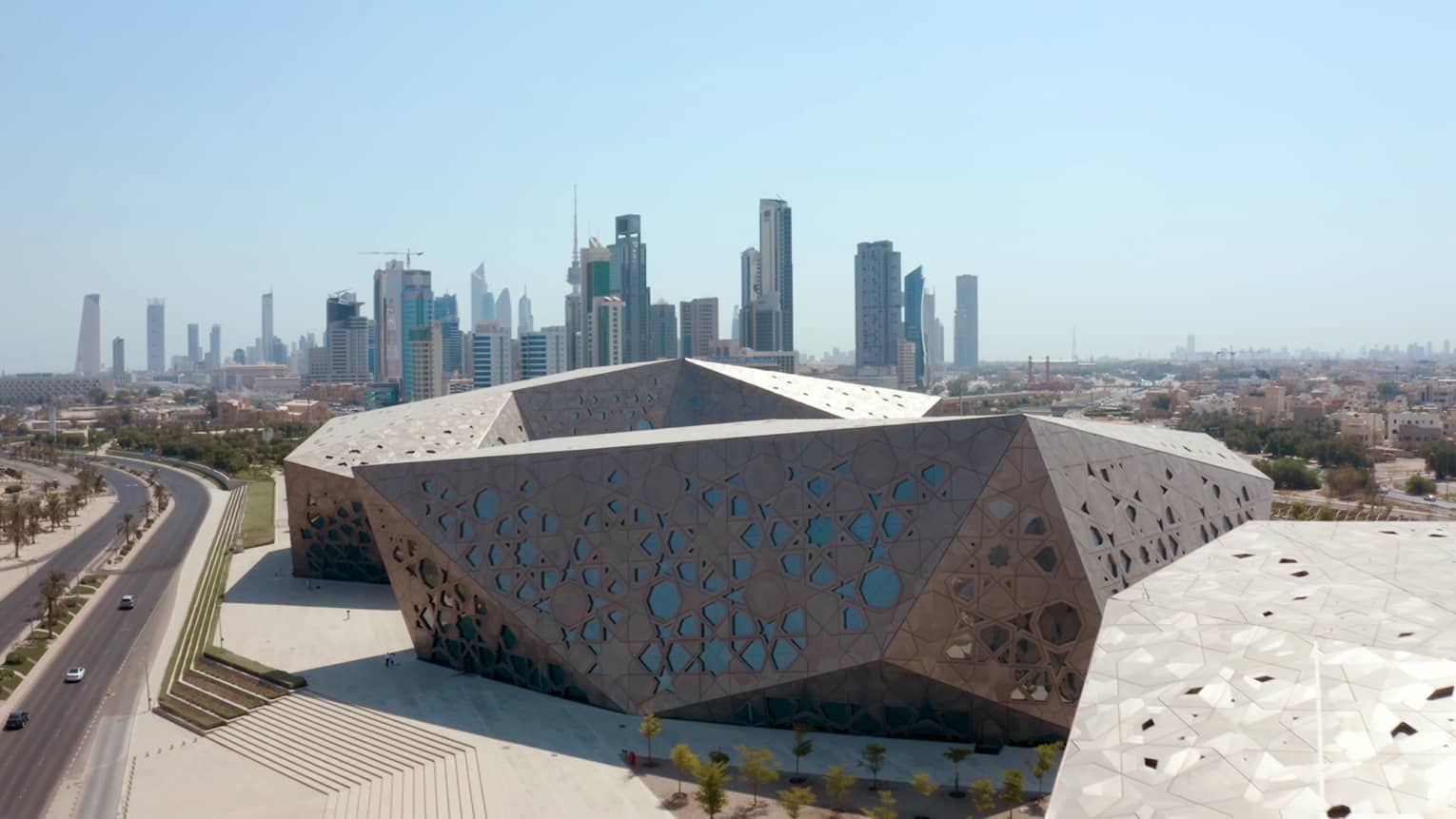

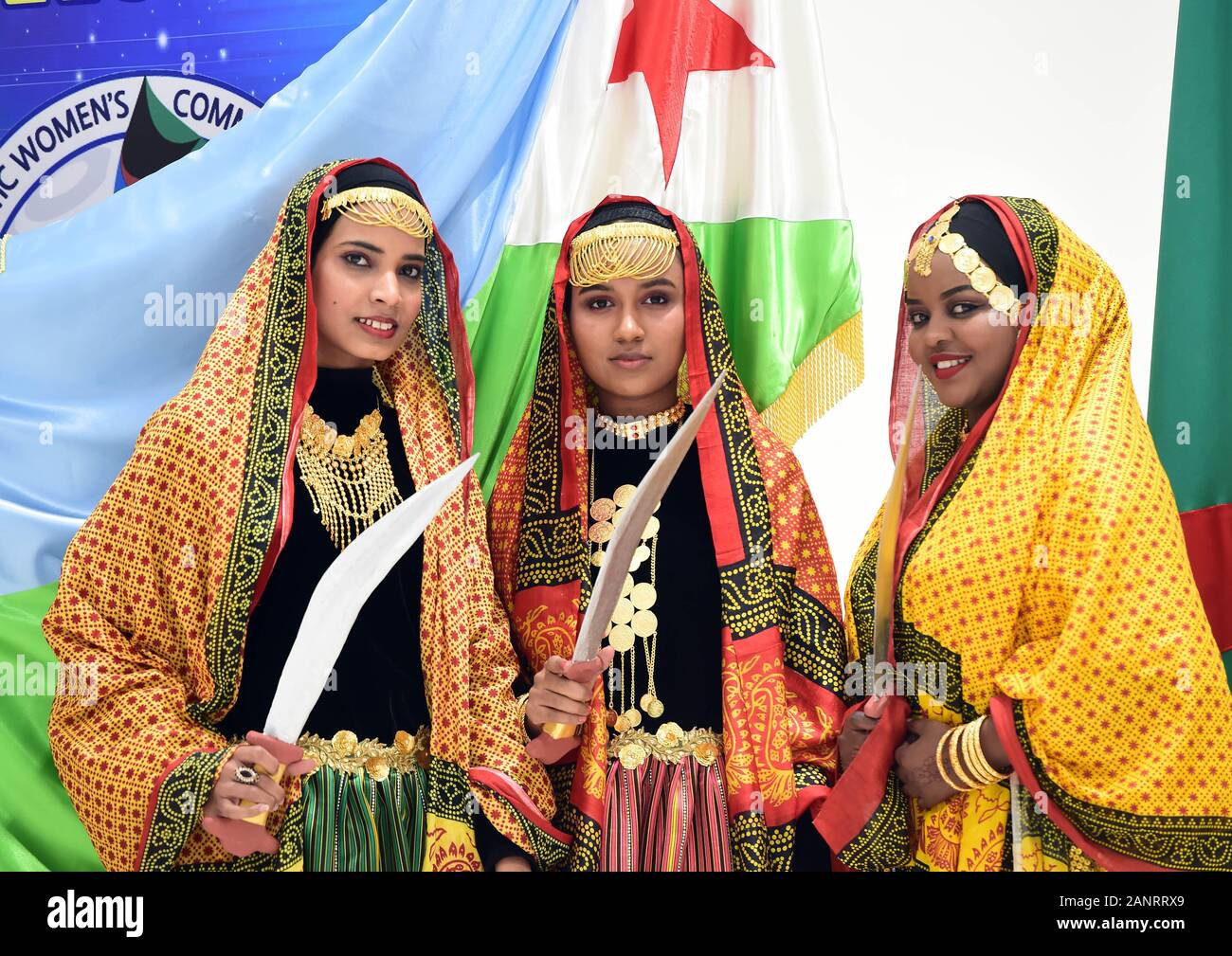



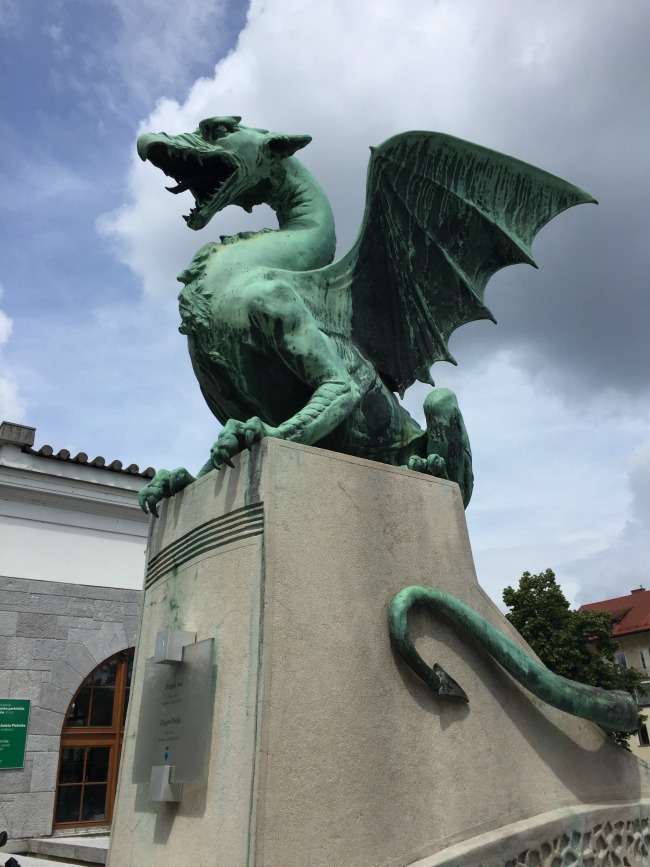


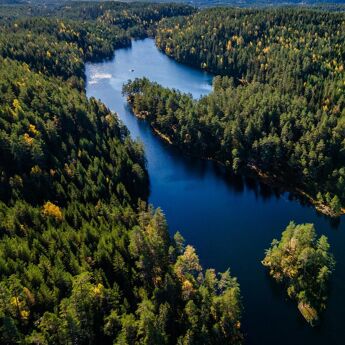


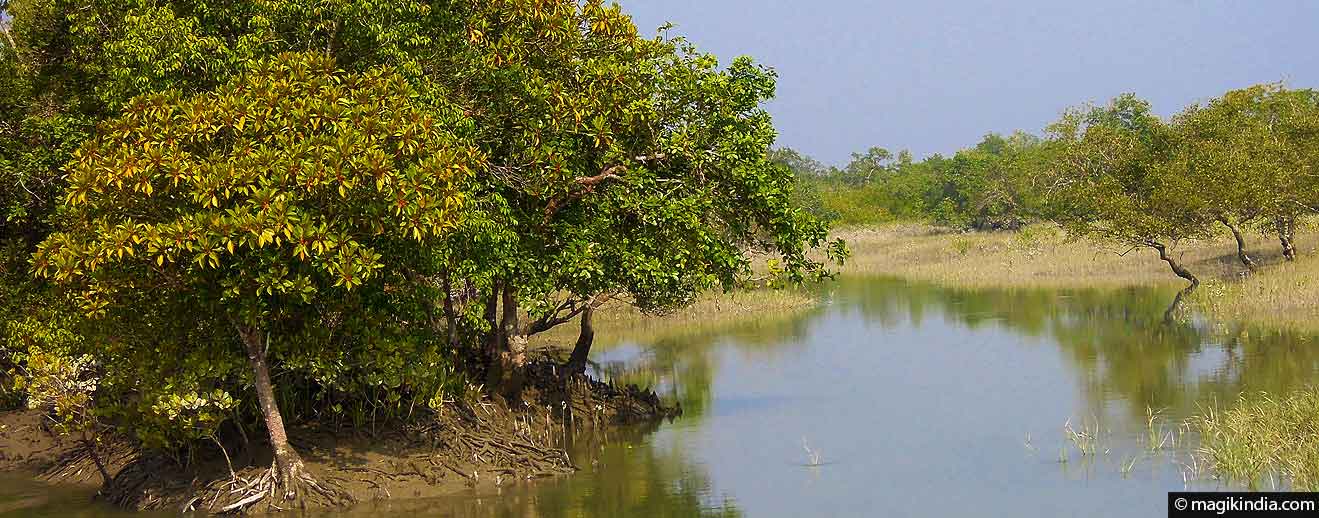




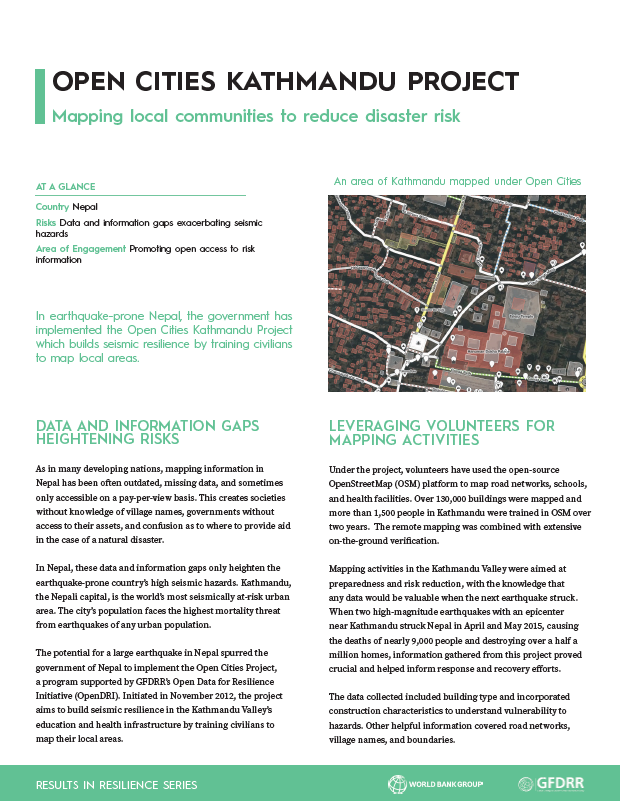

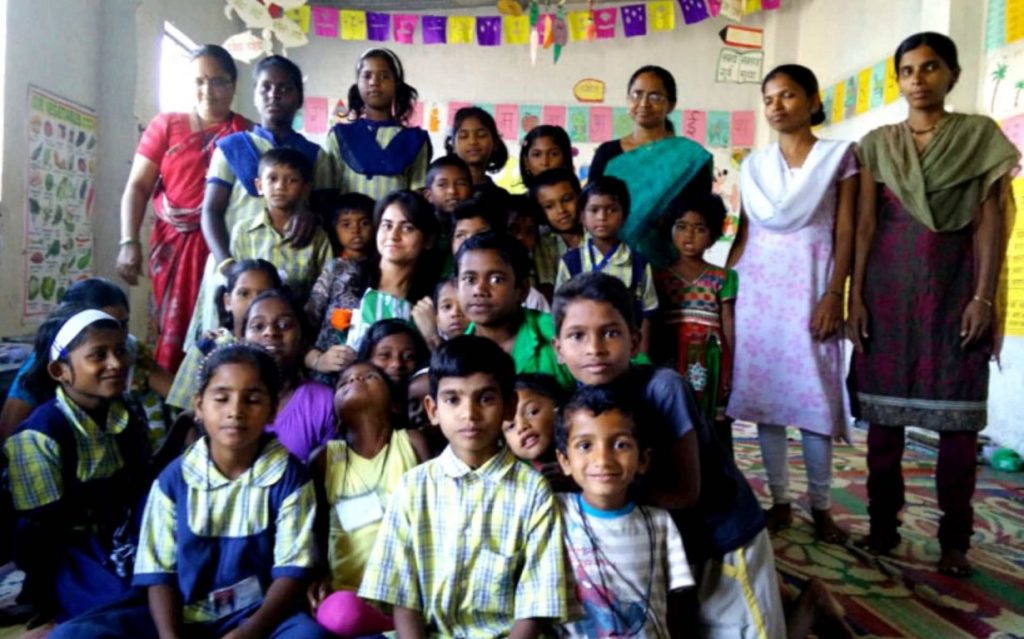
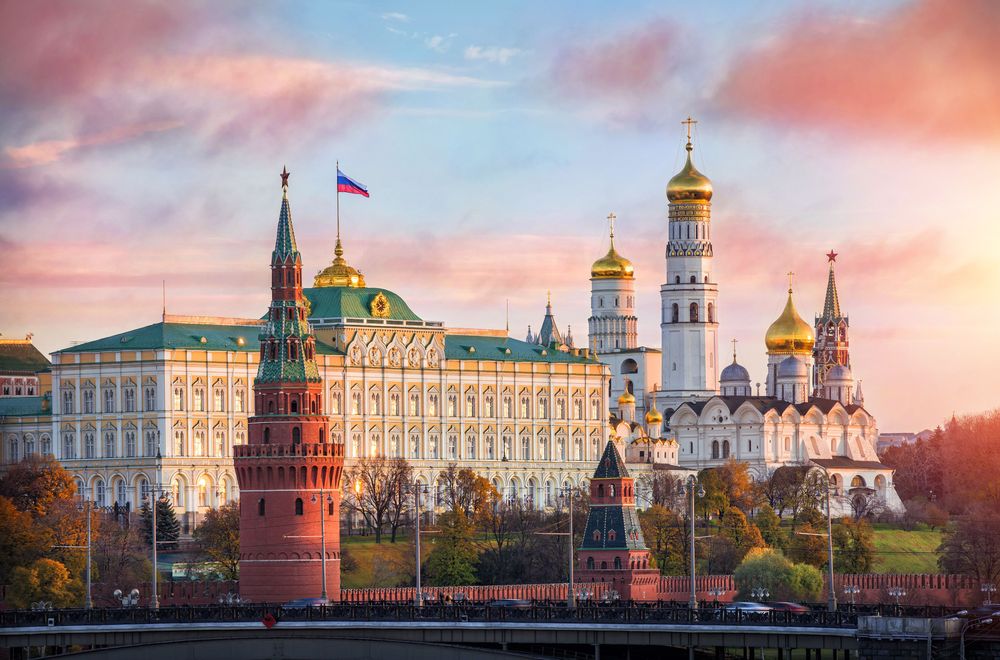


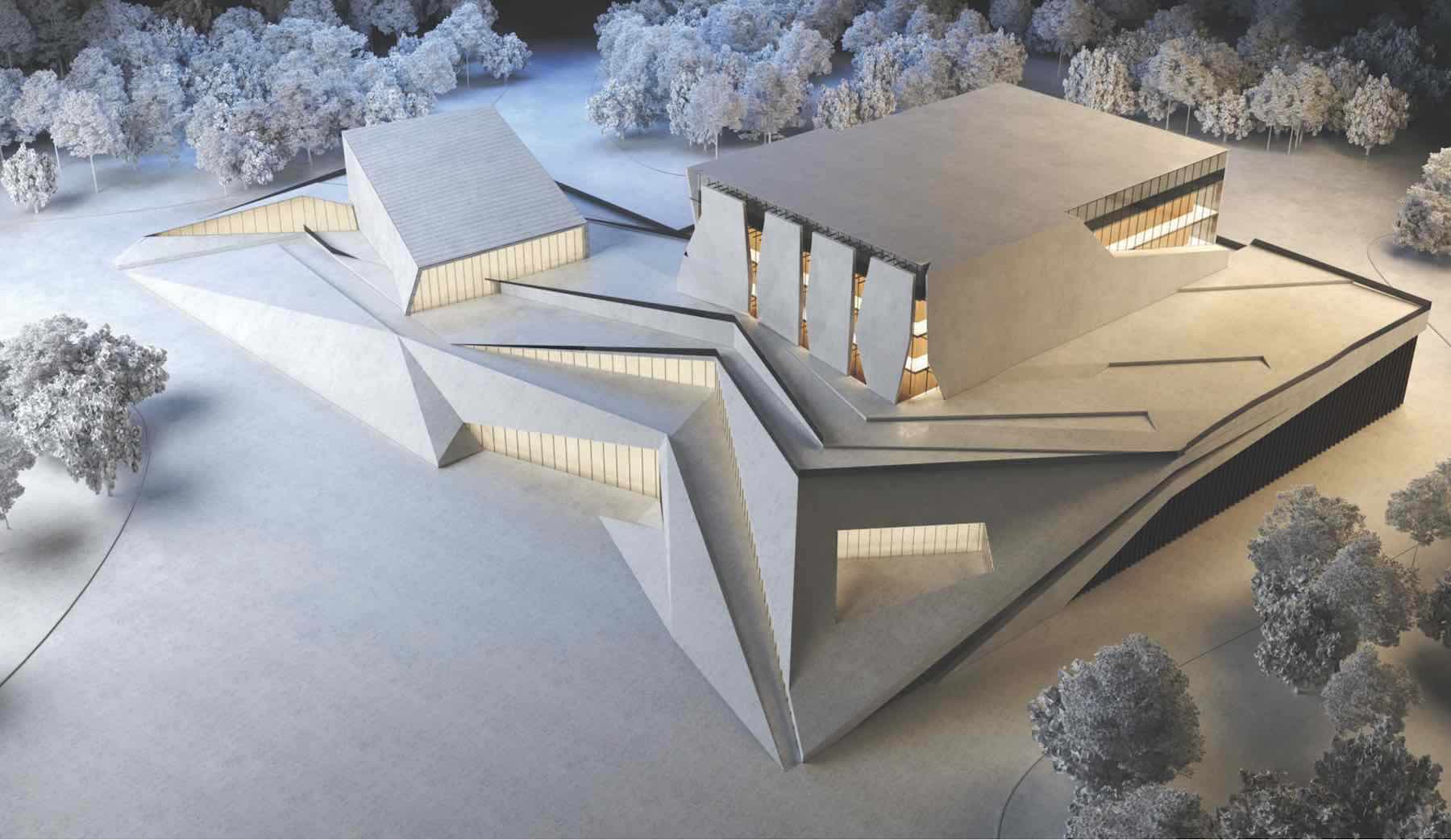
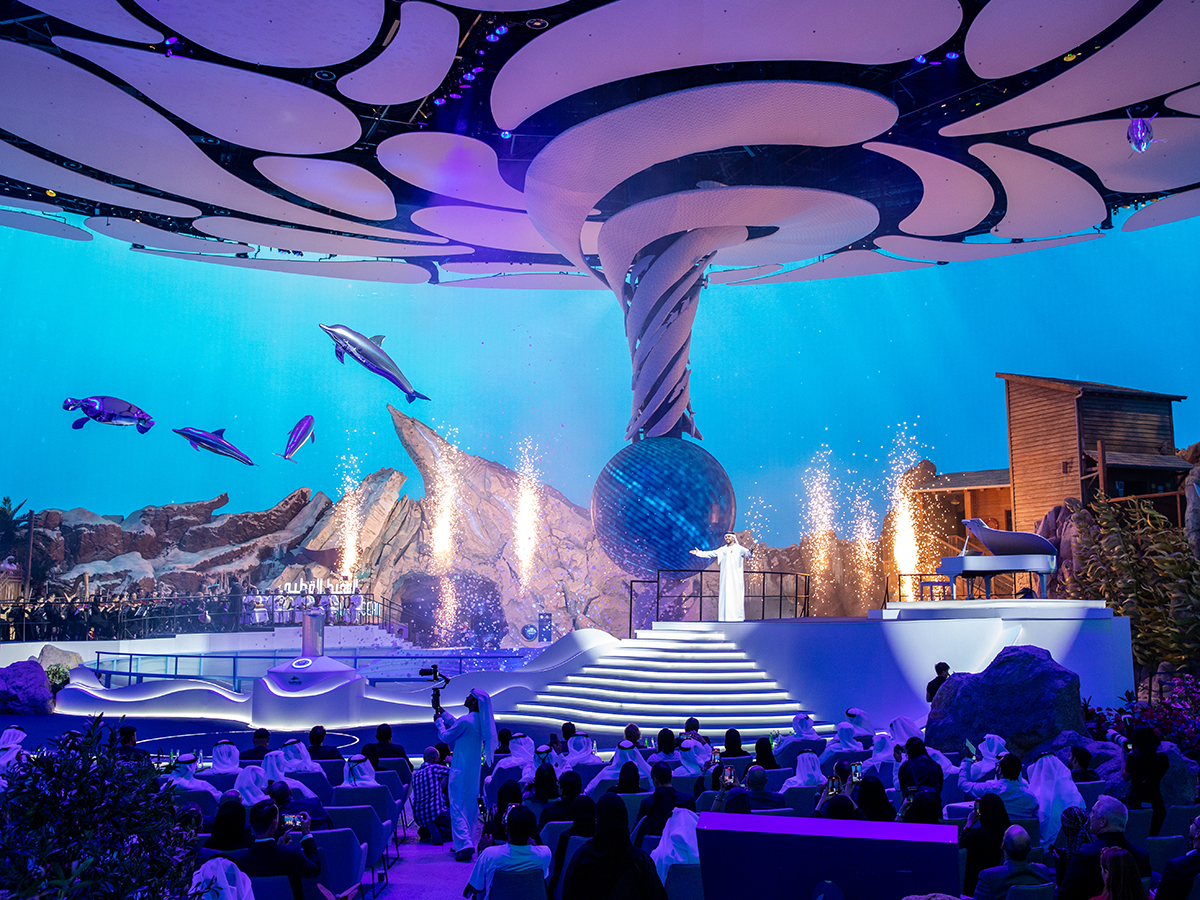
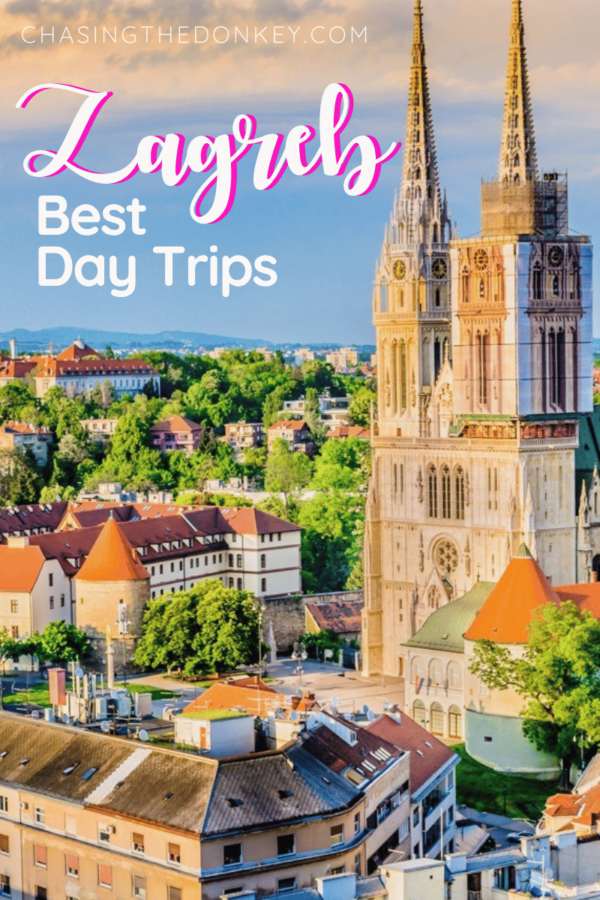
Comments